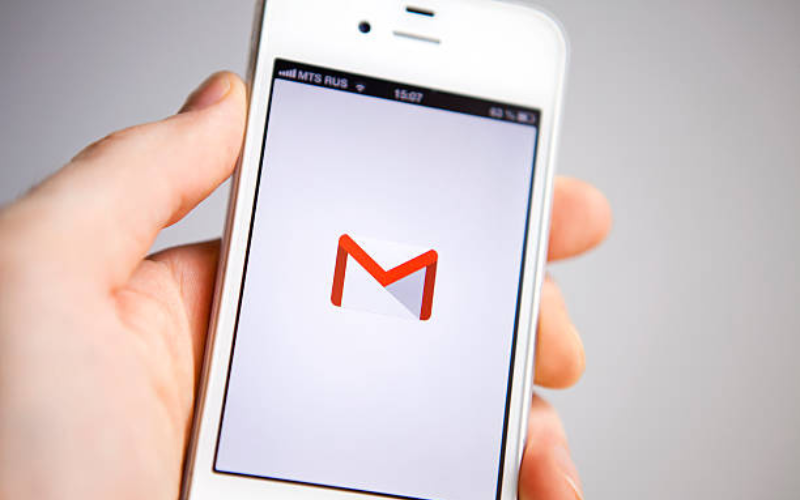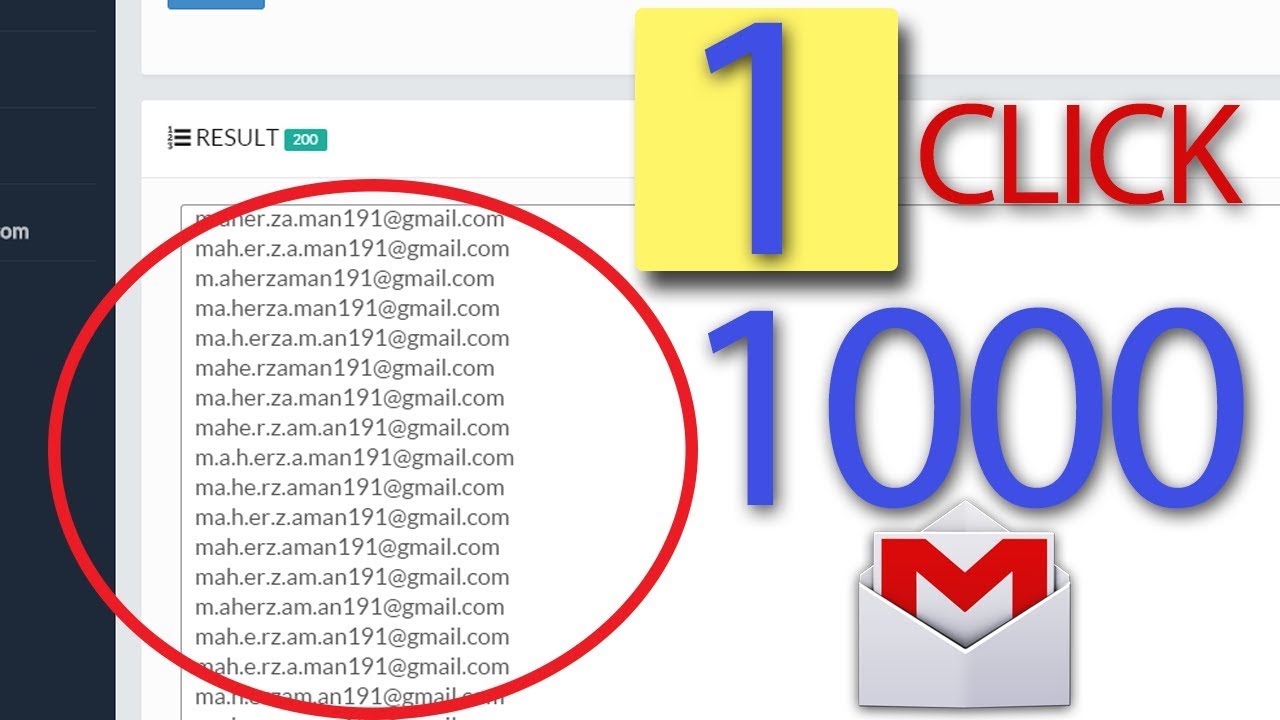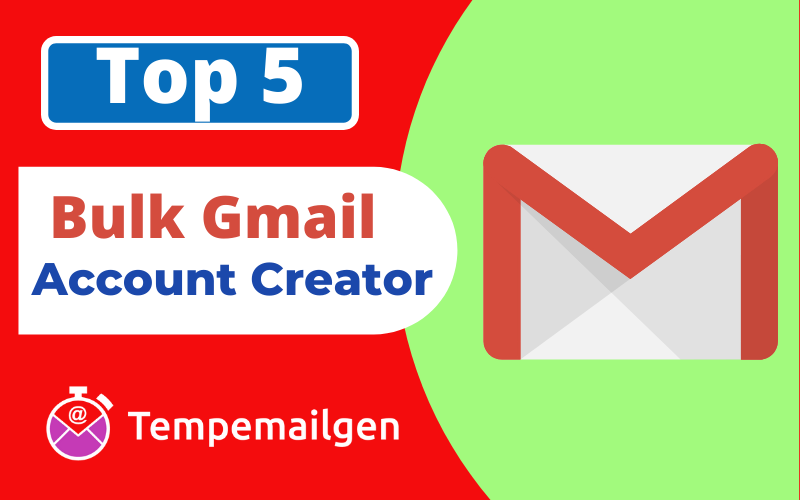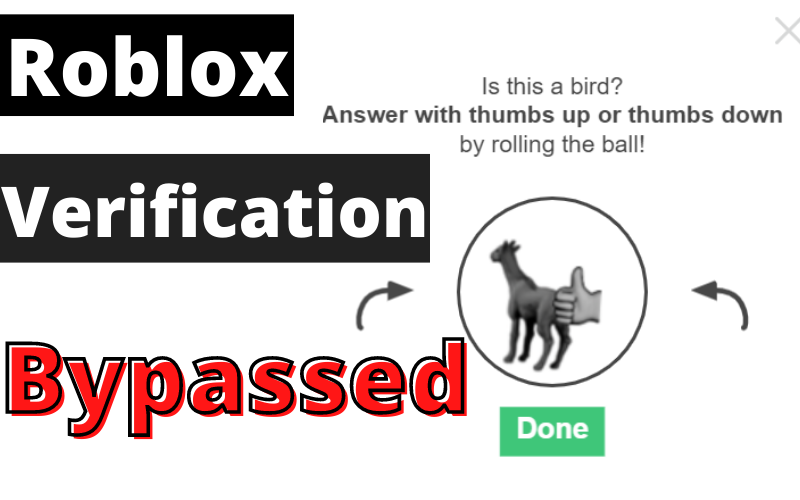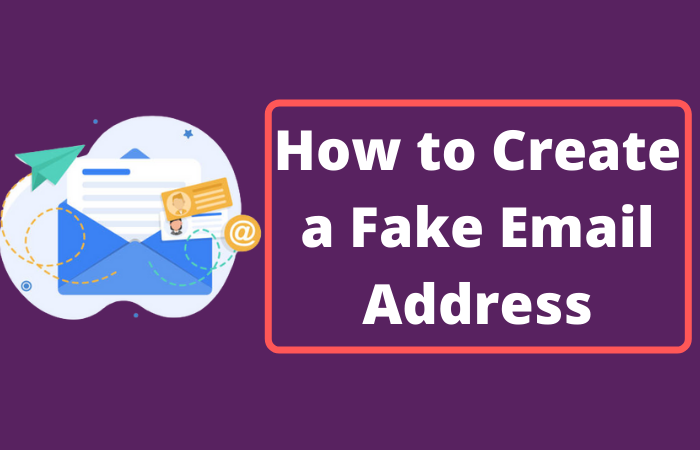Gmail has become the accepted standard in the email business because of its user-friendly interface, enough free storage, and an abundance of free productivity functions.
You might want to investigate several email services aside from Gmail since some individuals have reasonable concerns about the privacy of their emails when they are handled by Google, and other people just don't like the layout.
In this article, we will discuss ways to avoid dependency on Google Products. Let's dive in.
#1. Switch Search Engines
The results of your searches on Google are like a precious trove of information about your activities online.
Even if you aren't connected to your Google account, Google will nevertheless "tailor" your search results by taking into account the questions you've asked in the past and the links you've clicked on.
You have decided to stop using Google.com as your primary search engine, but you have not yet updated your web browser or mobile device to make DuckDuckGo or Bing your new default search engine.
There is more than one click of the mouse button involved in this process, but figuring it out shouldn't take more than five minutes.
If you decide to switch search engines, you could find that Google's competitors do not live up to your expectations.
Because Google has so many advantages, such as strong funds and access to mountains of data, it is practically hard for other search engines to launch a genuine challenge.
This is one reason why Google has become the dominant search engine.
#2. Delete Your Gmail Account And Use Gmail Alternatives Emails
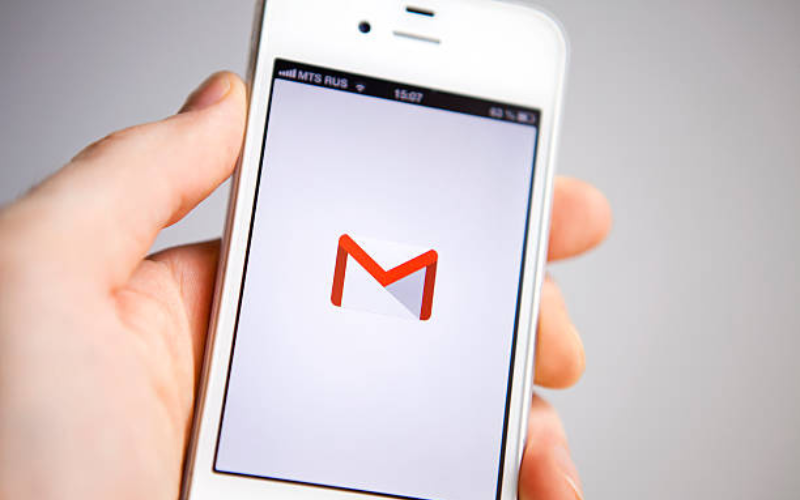
Take your Gmail account offline and delete it. When you do that, you should also log out of any other Google services that were once connected with that account.
When you sign up for Gmail, you are automatically logged on to YouTube, Google Drive, Google Docs, and Google Search with that same Gmail account.
So if you log in to any Google service, you will be considered a single user across the board.
This will make it much easier for Google to monitor your activities anywhere you go on the internet. When a person is signed in to their Google account, their whole Google experience is logged.
This includes search queries, YouTube videos watched, email information, and more.
#3. Don't Send Emails to Anyone Who Uses Gmail
The use of Google's services is practically impossible to avoid in today's world due to the company's market dominance and pervasive presence.
Google may continue to gather information about you even after you remove your Gmail account if they have access to alternative ways of doing so.
The search giant Google continues to read email information, including names of senders and recipients, as well as timestamps and dates linked with messages, despite recent statements made by Google that it will no longer analyze email content for advertising purposes.
In addition, Google has found ways to make use of the content of emails to construct social graphs which are used to map the relationships between users.
Even if you don't have a Gmail account, Google seems to have a good idea of who your close friends are.
Because not all Gmail users will have the gmail.com domain in their address, it will be more difficult to recognize them as Gmail users. This will add another layer of complexity to the situation.
Before sending that email, you need to conduct a large amount of homework; nevertheless, you should avoid doing the homework in the body of the email itself.
#4. Use a Temporary Email Generator
Temporary email generators, such as Tempemailgen, are an alternative to Gmail.
You may finally stop worrying about spam with this throwaway temporary email that nevertheless allows you to access the web quickly.
These days, your email address is required to access every online resource, but giving it out might put you at risk of being flooded with spam and phishing attempts.
A more secure alternative is to utilize an email generator. You should only share your email address with those you know you can trust.
#5. Stop Using An Android Smartphone
You are most likely using an Android if you are using a smartphone other than Apple's, which is a mobile operating system developed by Google.
More than 85 per cent of mobile device owners throughout the world use the Android operating system.
Customers are required to sign in with an existing Google account while using a new Android phone, as this is the only way to finish the setup procedure.
If you don't have an account, you won't be able to use several of Google's services, including the Google Play store, which is the most important gateway to third-party Android applications.
Because of this, a Google Account is connected to the majority of Android smartphones and tablets.
When you are logged into your Google account, the firm maintains track of everything you do, including where you go, what you search for, what you ask Google to do, as well as what applications and services you utilize.
You may even designate the mode of transportation you're using, and Google will keep tabs on it in addition to tracking your location and movement.
In addition to that, it keeps track of the pressure in the atmosphere, which provides an accurate indication of where you are.
Google will then link this information to your particular account and present you with advertisements that are uniquely suited to your preferences.
Each Android user receives a unique Advertising ID from Google, which functions similarly to a cookie but may be accessed when the user is mobile. Regrettably, this means you have to give up using your Android device.
Conclusion
An important lesson to be learned from this is that despite Google's repeated assurances that their products and services are completely voluntary and that consumers may simply switch at any time, nobody should ever believe them.
It's a well-known fact that Google's services are dominating and pervasive, making it next to impossible to live without them. Consequently, the article's temporary email generator is worth a go if you need a Gmail replacement in a hurry
